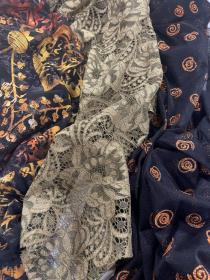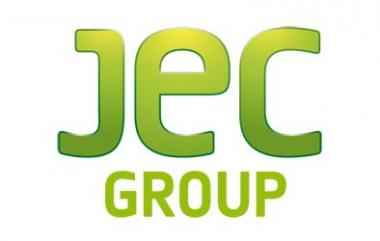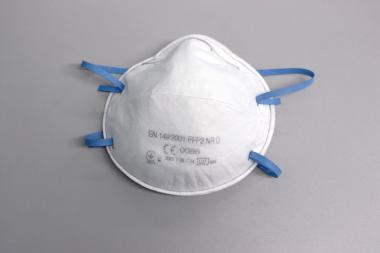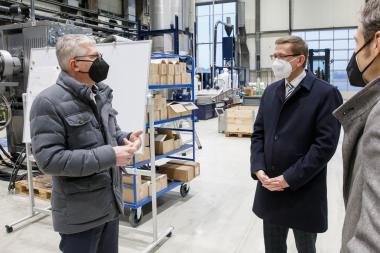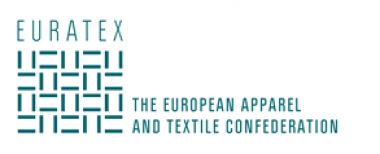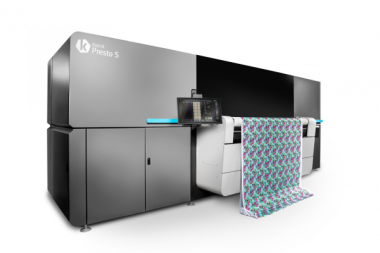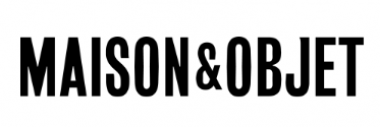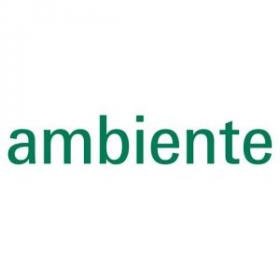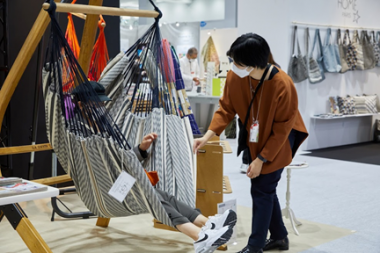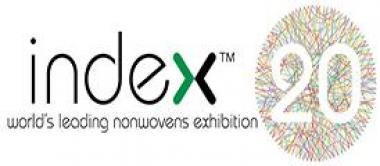NCTO welcomes House Passage of America COMPETES Act
The National Council of Textile Organizations (NCTO), representing the full spectrum of U.S. textiles from fiber through finished sewn products, issued a statement welcoming House passage of the America COMPETES Act, a legislative package that will help close the de minimis loophole on duty-free imports from China and also renew the Miscellaneous Tariff Bill (MTB), both important provisions to U.S. textile manufacturers.
“We commend the House for passing this sweeping legislation, which contains several critical trade provisions beneficial to American manufacturers,” said NCTO President and CEO Kim Glas. “This legislation contains a provision that would effectively prohibit China from exploiting the Section 321 de minimis mechanism in U.S. trade law, a win for U.S. textile producers and workers.
“We sincerely thank Congressman Earl Blumenauer (D-Ore.) for working diligently to include and preserve his Import Security Fairness Act in the underlying U.S. competitiveness bill. This bill would help close the de minimis loophole, which allows imports valued under $800 to come into the United States without paying duties and taxes, bypassing inspections by U.S. Customs and providing a backdoor to Chinese goods produced with forced labor. The loophole has not only fueled the rise of imports from foreign e-commerce companies and mass distributors, but it has also put our domestic manufacturers and workers at a competitive disadvantage.”
Another important provision in the legislation renews the MTB for two years, which would extend limited tariff relief on a range of manufacturing inputs used by U.S. textile producers.
In closing, NCTO’s Glas stated: “NCTO worked closely with our allies in the House on these provisions in the underlying bill and we commend their hard work and support. We will continue to push for these critical provisions that benefit the U.S. textile industry in Senate-House conference negotiations in the coming days.”
NCTO





